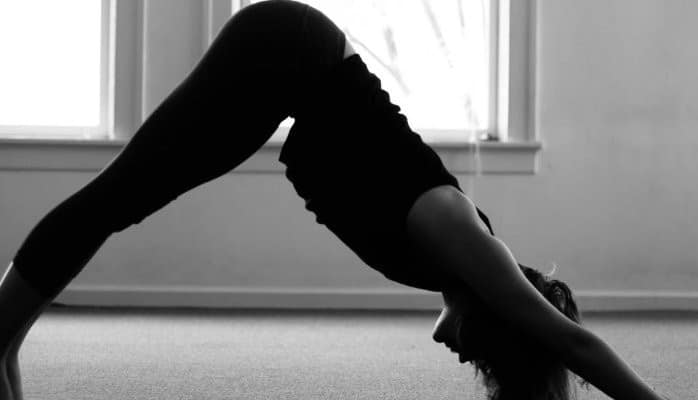In today’s fast-paced world, stress has become an unwelcome companion for many. The demands of work, family, and daily responsibilities often leave us feeling overwhelmed and exhausted. However, amidst the chaos, there lies a gentle remedy that can bring peace and calmness to our lives – yoga.
Yoga, an ancient practice originating from India, has gained immense popularity worldwide for its numerous physical and mental health benefits. Among its various forms, gentle yoga stands out as an accessible and effective way to combat stress and promote relaxation.
What is Gentle Yoga?
Gentle yoga is a soothing form of yoga that focuses on slow, mindful movements, deep breathing, and gentle stretching.
Unlike more vigorous yoga styles, such as power or vinyasa yoga, gentle yoga prioritizes relaxation and stress relief over intensity. It is suitable for people of all ages and fitness levels, including beginners and those with physical limitations.
The Benefits of Gentle Yoga for Stress Relief:
- Calms the Mind: Through its emphasis on slow, deliberate movements and deep breathing, gentle yoga helps quiet the mind and reduce mental chatter. This meditative aspect of yoga induces a state of relaxation, alleviating stress and anxiety.
- Relieves Tension: Many of us carry tension in our bodies, particularly in areas like the neck, shoulders, and back, due to stress and poor posture. Gentle yoga encourages gentle stretches and poses that target these areas, releasing built-up tension and promoting muscle relaxation.
- Enhances Body Awareness: Practicing gentle yoga cultivates awareness of the body and its sensations. By tuning into physical sensations and the breath, practitioners learn to recognize signs of stress and tension in their bodies, allowing them to address these issues mindfully.
- Improves Sleep Quality: Chronic stress often disrupts sleep patterns, leading to insomnia and fatigue. Gentle yoga promotes relaxation and reduces stress hormones in the body, making it easier to fall asleep and enjoy a restful night’s sleep.
- Boosts Mood: Physical activity, such as gentle yoga, stimulates the production of endorphins – the body’s natural feel-good chemicals. Engaging in regular yoga practice can elevate mood, reduce symptoms of depression, and enhance overall well-being.
Practical Tips for Practicing Gentle Yoga:
- Start Slow: If you’re new to yoga or have physical limitations, begin with simple, gentle poses and gradually increase intensity as your body becomes more accustomed to the practice.
- Focus on Breath: Pay close attention to your breath throughout your practice. Deep, slow breathing activates the body’s relaxation response and helps calm the mind.
- Listen to Your Body: Honor your body’s limitations and avoid pushing yourself into discomfort or pain. Modify poses as needed to suit your individual needs and abilities.
- Create a Relaxing Environment: Practice yoga in a quiet, clutter-free space where you can fully unwind. Consider incorporating soothing music, dim lighting, or aromatherapy to enhance relaxation.
- Practice Regularly: Consistency is key to reaping the benefits of gentle yoga. Aim to incorporate a short yoga session into your daily routine or attend gentle yoga classes regularly to experience lasting stress relief.
In conclusion, gentle yoga offers a holistic approach to stress relief, promoting physical relaxation, mental clarity, and emotional well-being.
By integrating gentle yoga into your lifestyle, you can cultivate a greater sense of calmness and resilience in the face of life’s challenges.
So, roll out your mat, take a deep breath, and embark on a journey towards inner peace and serenity through the practice of gentle yoga.



